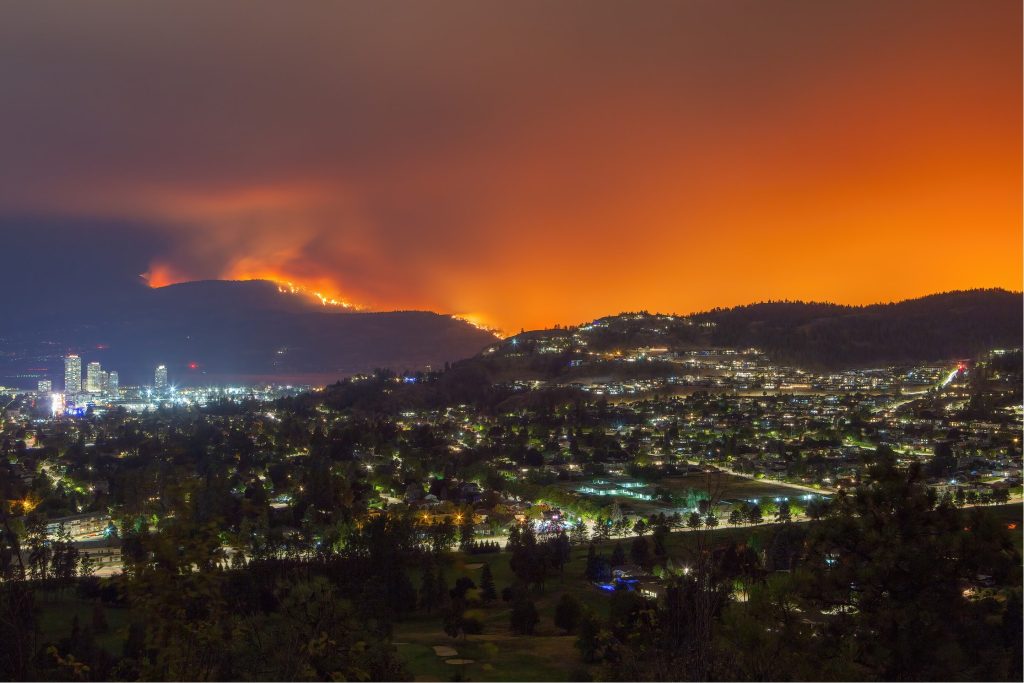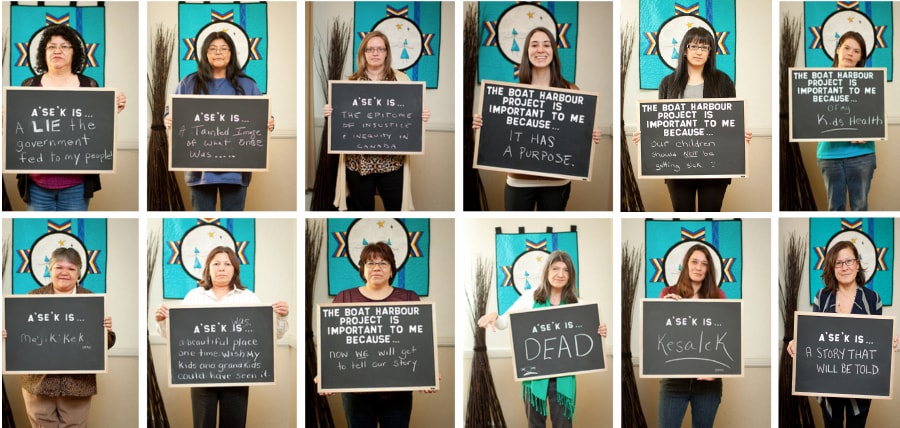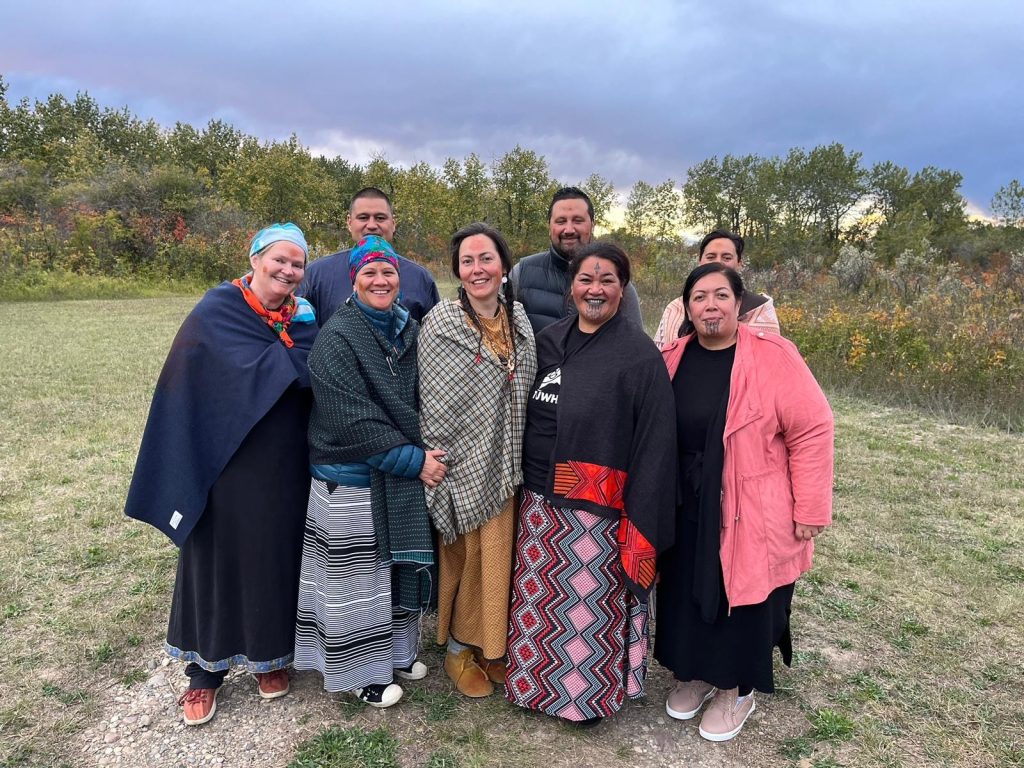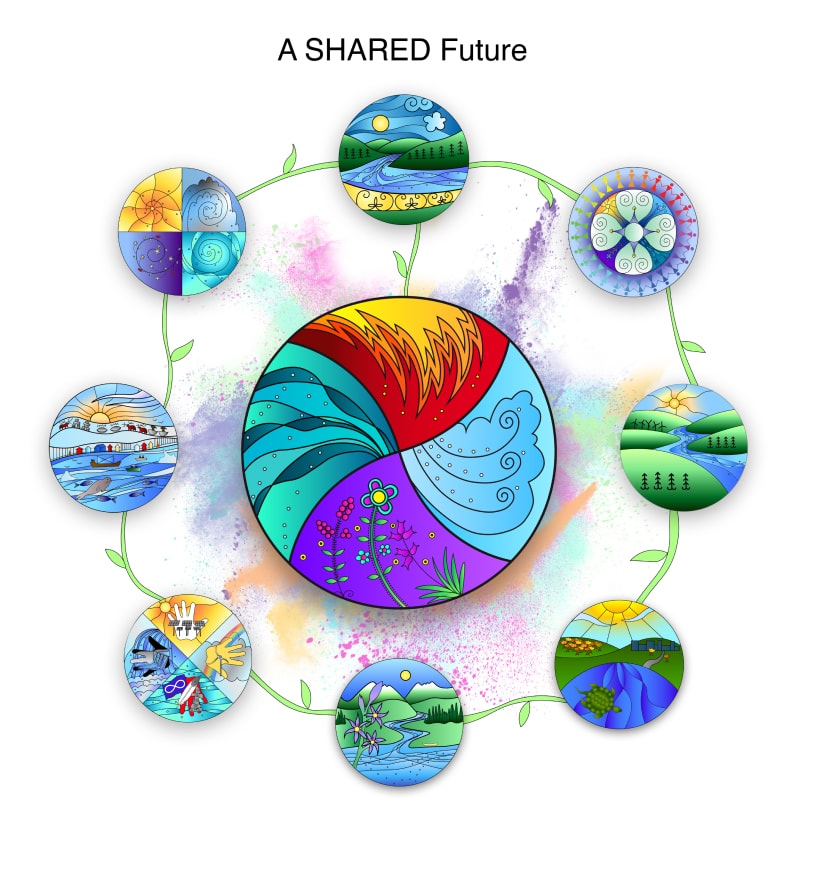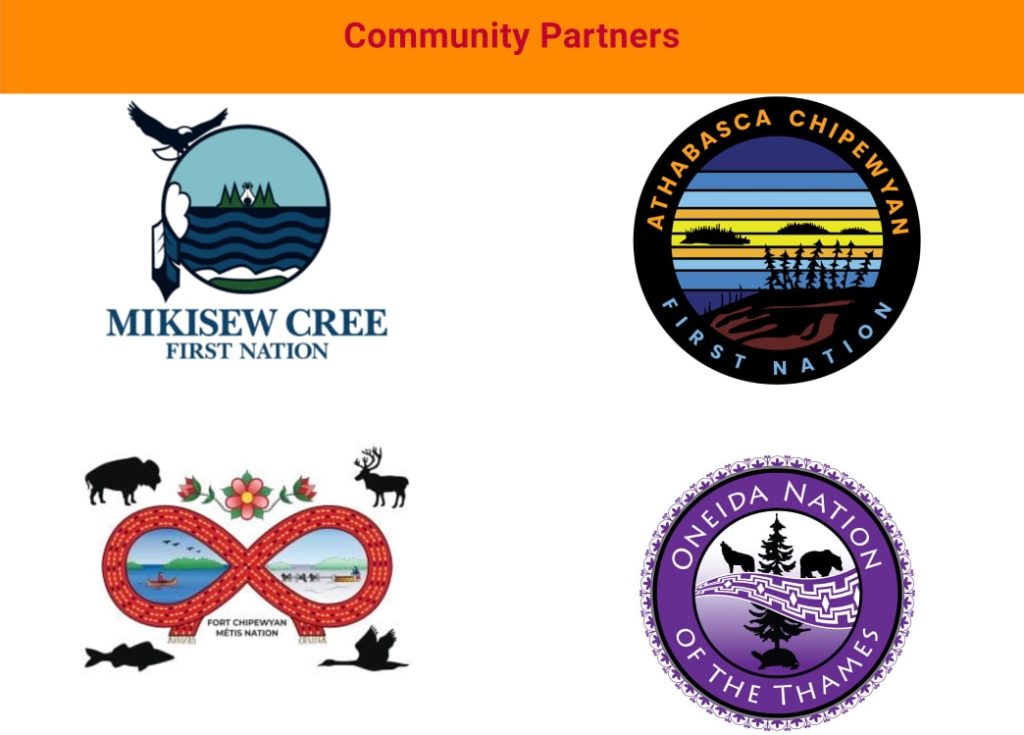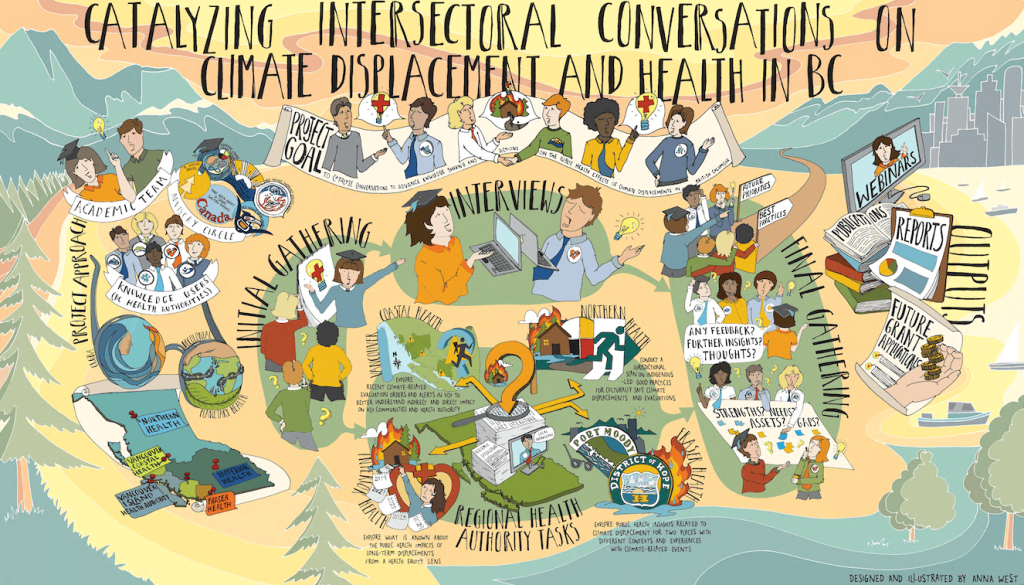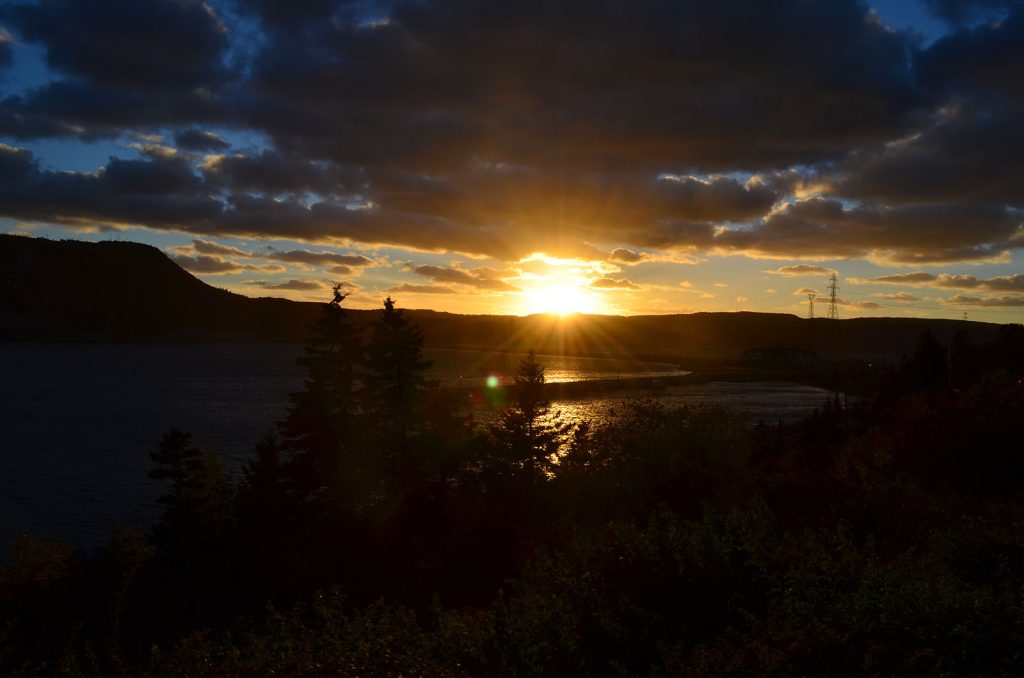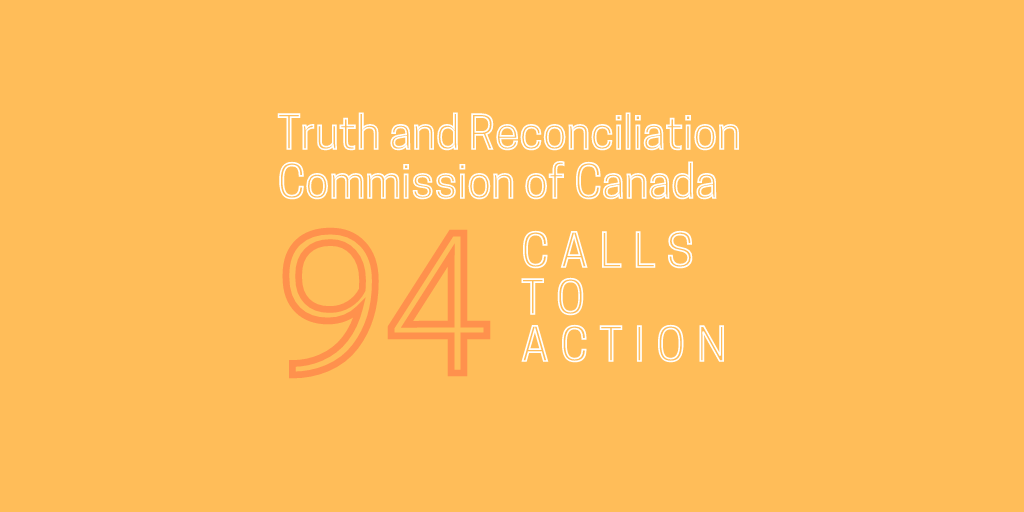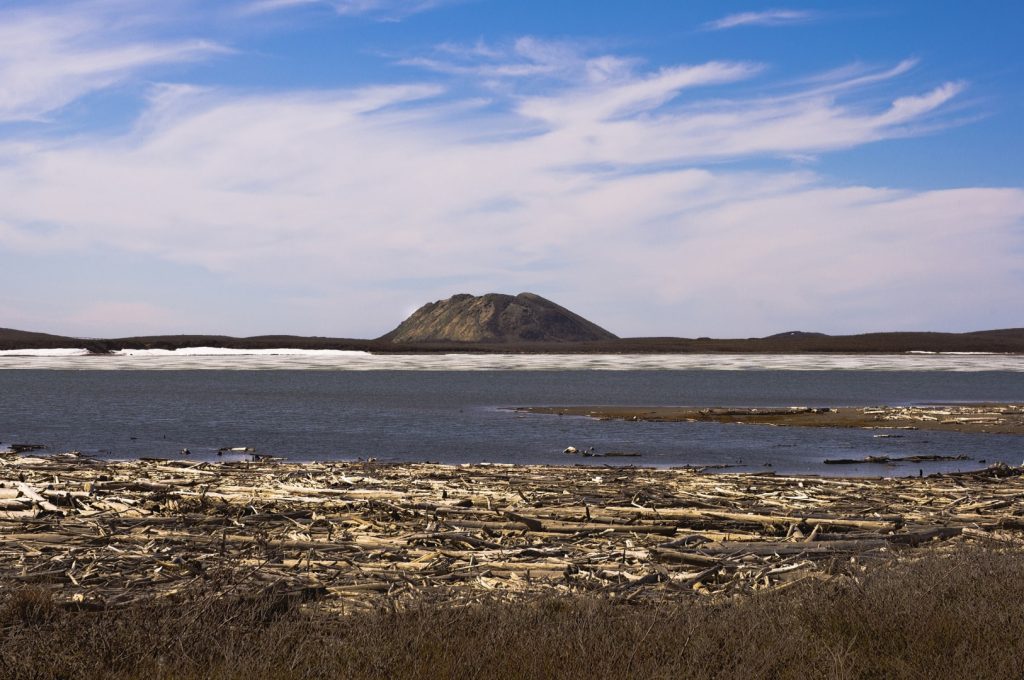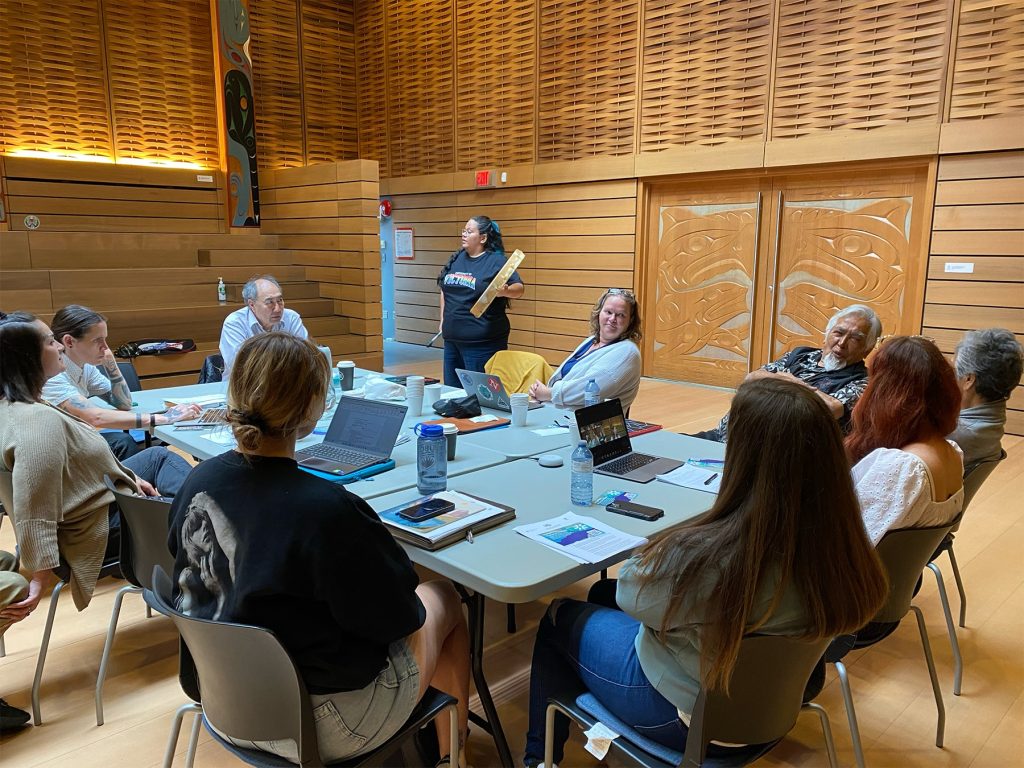SMART Displacement: Place-Based Policy and Praxis Labs
(SMART = Systems Mapping and Policy Redesign for Adaptation and Resilience Transformation) This is an international project proposed to use a decolonial planetary health framework that integrates artistic, place-based, digital approaches to redesign systems and policies for climate disasters and displacement. The goal of the project is to move away from deficient, top-down, reactive climate displacement policy approaches to ones that […]
SMART Displacement: Place-Based Policy and Praxis Labs Read More »
